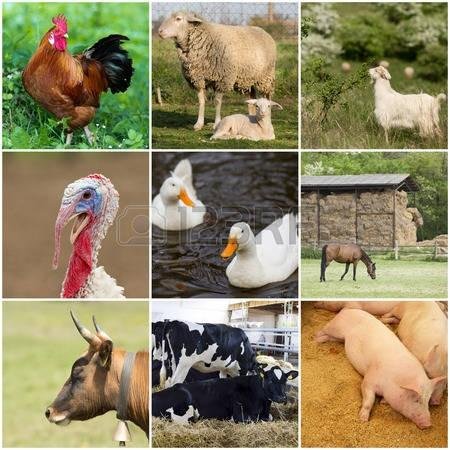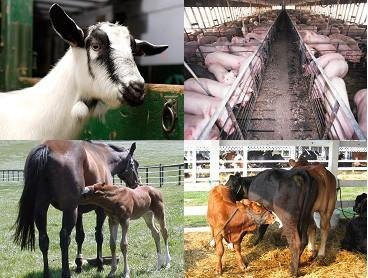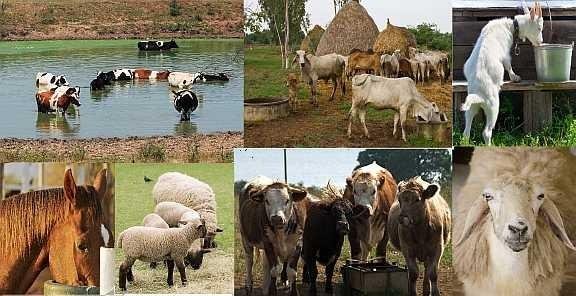Animall farming uses up an enormous amount of arable land, with 45% of the earth's total dry land covered, as it were, in livestock. Eating a plant based diet, or eating meat only occasionally, can help to reduce greenhouse emissions and save our water and forests.

We may think it doesn't matter too much what we eat or how our food is produced. However, it turns out that the entire planet is now dependent on the food choices each of us makes on a daily basis. It is true to say that many people conscientiously try to reduce their impact on the environment by walking, bike-riding or car-pooling instead of driving, by growing their own vegetables at home, and by minimizing electricity consumption. Yet, there is one act that can limit the impact on the environment enormously, and that is to simply choose what we eat a little more carefully.

Extinction of species and threat to water supplies
Meat and dairy production uses a third of planet earth's fresh drinking water. Animal agriculture uses 55% of our fresh water reserves. In order to produce a one pound beef burger, around 3000 litres of fresh water is required, which includes irrigation of the grains and grasses in feed plus water for drinking and processing. Consider that an average bath takes around 80 litres of water whereas the average electric shower sprays out about six litres a minute.
Methane gas from cattle dwarfs the damage to the environment from carbon emissions due to global manufacturing and transportation. In fact, 51% of gas emissions come from animal farming, according to the Food and Agriculture Organization of the United Nations.

In addition, arable land is used up and forests are hacked down to make more space for cattle farms. Statistics show that between 4000 to 8000 square meters of virgin rainforest is cleared every minute and 91% of this deforestation is to make more space available for animal agriculture. Every day, animal species are lost due to rainforest destruction. Animal agriculture is among the leading causes of water pollution and wild habitat destruction.
A person who consumes a vegan diet produces 50% less CO2 and uses an 11th of the fossil fuels, a 13th of the water and an 18th of the land compared to a meat-eater, according to a study led by environmentalist Peter Scarborough and his team of scientists. Going vegan or taking steps to cut down and/or eventually eliminate animal protein from our diets is the most effective way to lessen our CO2 emissions as well as conserve our water and forests.
Sources:
http:www.naturalnews.com
http:www.fao.org
Hi! I am a robot. I just upvoted you! I found similar content that readers might be interested in:
https://www.facebook.com/Agriculture_Coutre-1686665741602438/
Downvoting a post can decrease pending rewards and make it less visible. Common reasons:
Submit